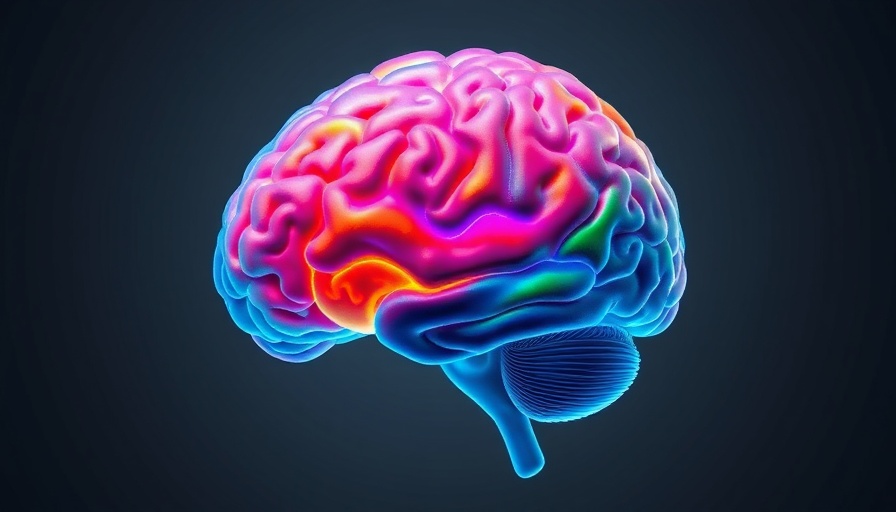
Understanding Long COVID and ME/CFS
The findings from Griffith University's recent MRI study reveal significant insights into how long COVID and Myalgic Encephalomyelitis/Chronic Fatigue Syndrome (ME/CFS) affect the brain. Specifically, researchers identified an enlarged hippocampus in both patient groups, a part of the brain crucial for memory and cognition.
Significance of an Enlarged Hippocampus
In this study, the collaborative effort of scientists using advanced ultra-high field MRI technology allowed for a deeper analysis of brain structures. It is important to note that the hippocampus’s enlargement might suggest potential neurogenesis or changes resulting from viral presence. This enlargement correlates with symptom severity, indicating that the degree of hippocampal expansion may relate directly to the cognitive difficulties experienced by patients.
Implications for Future Research
The results highlight the importance of further investigations into the neurological effects of these conditions. Understanding the relationship between hippocampal size and cognitive impairment could pave the way for developing targeted therapies for long COVID and ME/CFS patients. Moreover, this study encourages the scientific community to explore how various treatments may benefit those suffering from these debilitating conditions.
The Role of Neuroimaging in Health
The utilization of MRI technology demonstrates how advanced imaging can enhance our understanding of complex health issues. This is a vital step toward capturing a more precise picture of brain health and its correlation with specific symptoms faced by patients.
 Add Row
Add Row  Add
Add 




Write A Comment